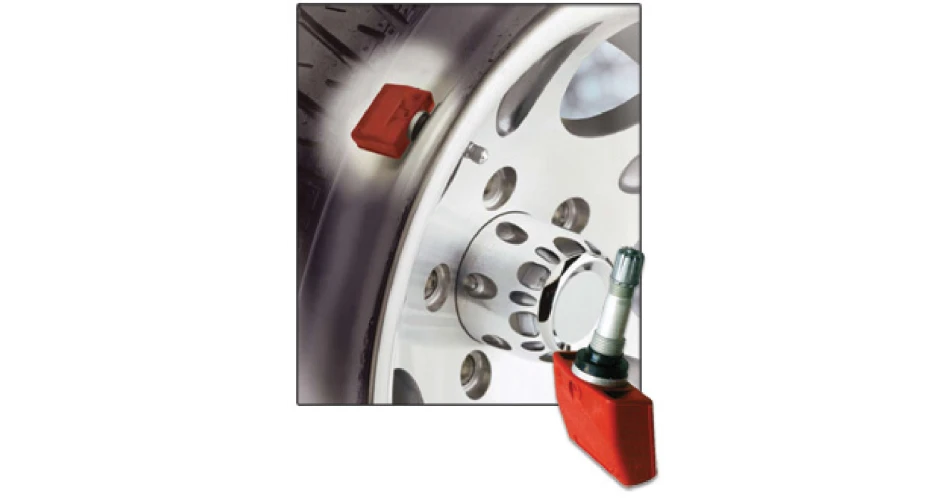At the Tyre Technology Expo held in Cologne in February this year, the European Commission unveiled plans to tighten the mandatory detection requirements for Tyre Pressure Monitoring Systems (TPMS) in Europe, as part of the second phase of the technology’s mandatory implementation.
Schrader Electronics, a developer and supplier of direct TPMS, understands that the requirement for tyre pressure detection to be reduced from phase one’s 20% below optimal inflation to 15% below in-service pressure for the second phase of implementation, will ensure greater safety and fuel economy for drivers.
The General Safety Rule of July 2009, requires all passenger vehicles to adopt accurate TPMS within the time frame of 2012 to 2014. This means all new passenger car models introduced within the EU as of next year will have to be equipped with TPMS – as of 2014, all new cars will have to be supplied with the technology as standard fit.
Research shows most tyre incidents are directly linked with poor tyre maintenance, associated with low pressure. At 20% deflation, the tyres wear out more rapidly and get warmer than their designed optimal conditions of use, detrimentally impacting on their safety.
Underinflated tyres also need more energy to be rotated, resulting in increased fuel consumption and CO2 emissions.
